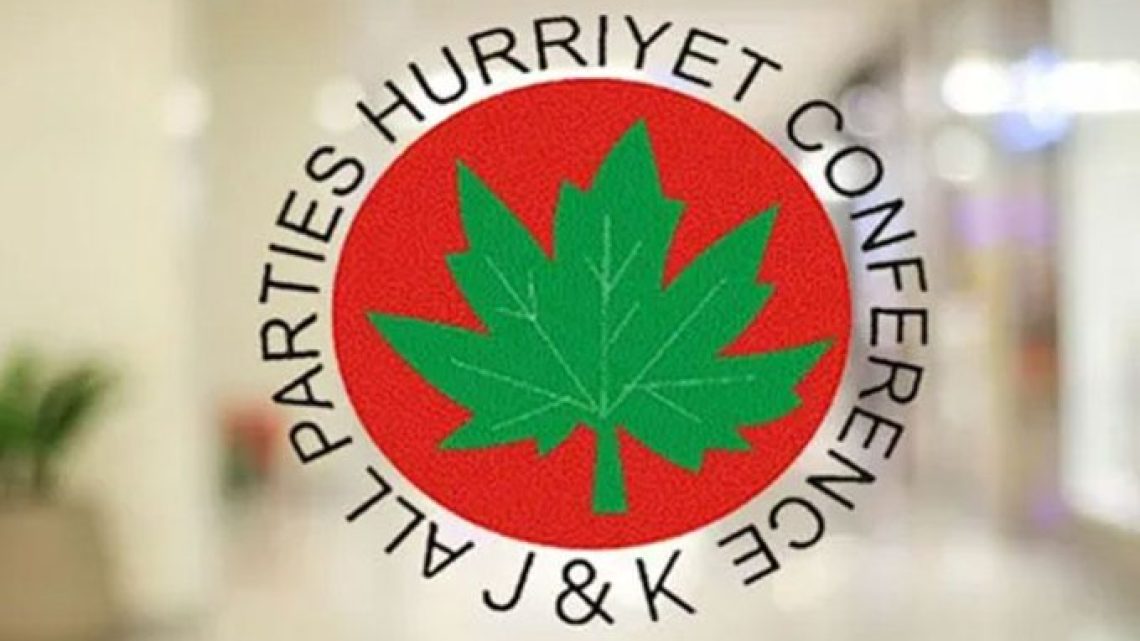
The Struggle for ‘Right to Self Determination’ in IIOJK Continues
March 25, 2024The struggle for self-determination in Indian illegally occupied Jammu and Kashmir (IIOJK) persists as a deeply entrenched grassroots movement, rooted in the aspirations of its indigenous population. According to recent reports, the legitimacy of this struggle, underscoring its status as a just cause recognized globally. Despite the relentless challenges and sacrifices faced by Kashmiris on a daily basis, their determination remains unyielding, reflective of a populace united in their quest for freedom.
The reports meticulously delineate the indigenous character of the Kashmiri freedom movement, emphasizing the organic nature of its origins. It eloquently portrays the resilience of Kashmiris in the face of adversity, showcasing their unwavering commitment to their fundamental right to self-determination. This narrative is deeply ingrained in the collective consciousness of the Kashmiri people, resonating with the aspirations of generations yearning for autonomy and sovereignty.
However, the Modi government’s concerted efforts to delegitimize the Kashmiri struggle by branding it as sponsored terrorism stand in stark contrast to the ground realities. Such unfounded accusations not only misrepresent the true nature of the Kashmiri movement but also seek to undermine its legitimacy on the global stage. The reports unequivocally refute these baseless allegations, asserting that the pursuit of freedom cannot be equated with acts of terrorism. It challenges the narrative propagated by the Indian government, exposing the fallacy of its claims and highlighting the inherent righteousness of the Kashmiri cause.
Moreover, the report warns against India’s attempts to manipulate international perceptions by falsely portraying the Kashmiri freedom movement as externally funded. Such duplicitous tactics, it contends, are destined to fail in the face of overwhelming evidence attesting to the indigenous nature of the Kashmiri struggle. Despite the formidable challenges posed by the Modi regime, the report exudes confidence in the eventual triumph of the Kashmiri people. Their unwavering resolve and steadfast determination, it argues, will ultimately prevail against the forces of oppression and tyranny.
To conclude, the reports serve as a poignant reminder of the enduring resilience of the Kashmiri people in their quest for freedom. It offers a compelling rebuttal to the false narratives perpetuated by the Indian government, reaffirming the intrinsic legitimacy of the Kashmiri struggle. As the international community bears witness to the plight of Kashmiris, their voices grow louder, their resolve stronger, and their determination unwavering in the face of adversity.

